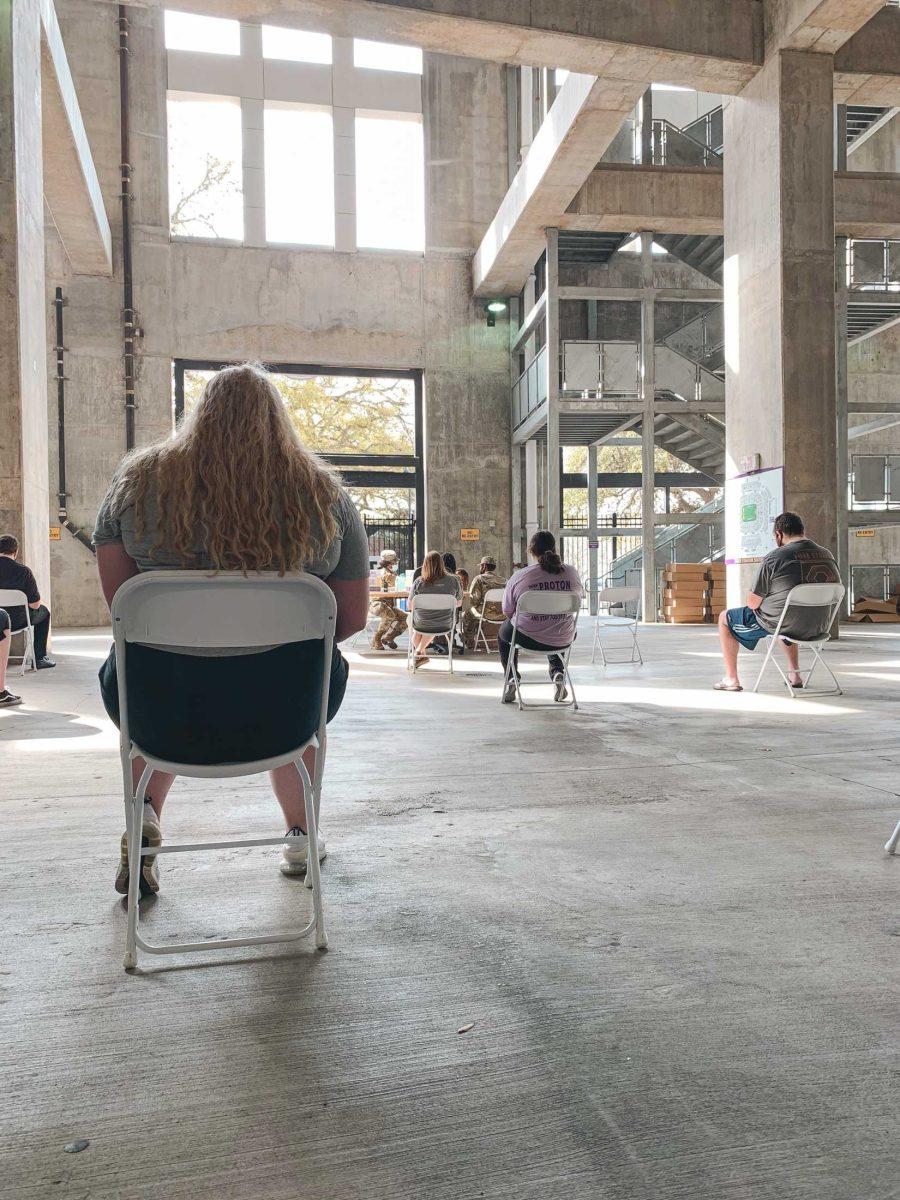On Tuesday, Aug. 24, Louisiana recorded its deadliest day of the pandemic yet.
That same day, Pres. William Tate fulfilled a long-awaited promise: a mandate for the COVID-19 vaccine following FDA approval for Pfizer on Monday.
In an email to the community, Tate said that “students have until Sept. 10 to submit proof of their first vaccination or formally opt out via the exemption/waiver form on the LSU Student Health Center Patient Portal” and “until Oct. 15 to submit proof of full vaccination.”
The quick implementation of the mandate following FDA approval came as a pleasant surprise and a significant change of pace considering what has been an otherwise weak response to the surge of the virus in Louisiana.
The University of Louisiana system’s mandate, for comparison, will not be fully implemented until spring 2022.
The university also announced Tuesday that proof of vaccination or a negative COVID-19 test would be required for football games, despite earlier statements that it had “no plans to implement any restrictions” in Tiger Stadium.
Tate stuck to his word, and for that he deserves credit. The vaccine mandate—though it could and should have come sooner—is a good policy that will save lives.
Other Louisiana colleges and universities with vaccine mandates have achieved vaccination rates above 90%; a similar future may now be possible for our own university.
That being said, the implementation of these measures must be met with a level of caution and healthy skepticism, as many questions remain unanswered.
First, as emphasized in Tate’s email, “Louisiana law allows for students to opt out of vaccinations” for religious and personal reasons. In other words, people who do not want the vaccine will easily circumvent the mandate.
Though the exemption clause hasn’t been a significant obstacle for the private Louisiana colleges and universities that already have a mandate, it’s yet to be seen how it will play out on our own campus. The administration must be prepared for a scenario where more students opt out of the vaccine than results at other institutions would predict.
In his announcement, Tate said that students who are not vaccinated will “be tested for COVID on a regular basis.” Current university policy requires unvaccinated students to be tested only monthly, an infrequency grossly out of step with guidance from the Centers for Disease Control and Prevention. The CDC recommends “serial screening testing at least twice weekly“ in areas of high community transmission.
Tate cannot claim to trust science while contradicting recommendations from the nation’s top experts.
The university must move to a twice weekly testing program for students who are not fully vaccinated. Failure to implement this feasible, common sense policy is reckless and puts lives at risk needlessly.
It is also essential that, until the university achieves a high vaccination rate, stricter pandemic protocols are implemented. The virus continues to ravage Louisiana like never before, yet safeguards against COVID-19 have in many ways weakened since last year.
Faculty and staff have expressed continuous concerns about social distancing and sparse remote instruction options. These workplace conditions must be addressed by university leaders as a matter of moral urgency.
Another point of concern for both the vaccine mandate and Tiger Stadium requirements is enforcement.
The university had said before the start of the semester that proof of vaccination or a negative COVID-19 test would be required to come on campus, but did nothing to enforce this. The football protocols are an impressive move from the university, but will be useless if they follow this precedent.
Tate must also clearly communicate the consequences for failing to submit proof of vaccination or an opt out form by the Sept. 10 and Oct. 15 deadlines. It seems highly unlikely that the university would unenroll students in the middle of the semester for not meeting these requirements, though more probable it would prevent students from enrolling for next semester. But without consequences for noncompliance in the fall semester, the mandate would be little more than a suggestion until the spring.
The university has taken an important step toward the safety and normalcy absent from the past 18 months. But these new rules are ultimately only as good as their enforcement, and until they translate to results, our community must keep a watchful eye on the administration.
Claire Sullivan is a 19-year-old coastal environmental science sophomore from Southbury, Connecticut.





